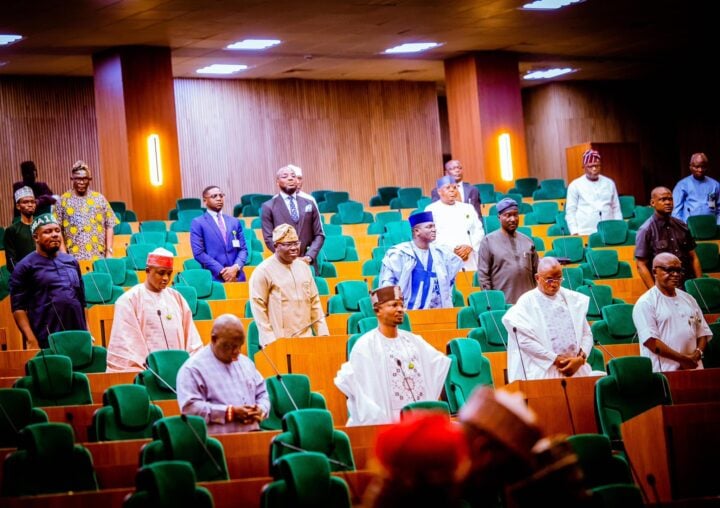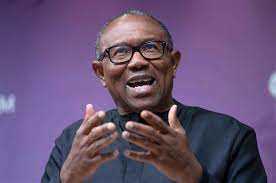The House of Representatives Ad-hoc Committee on the Rehabilitation and Operationalisation of the Baro Inland Port has commenced work with a renewed commitment to revive the long-abandoned national asset located in Niger State.
At its inaugural meeting on Wednesday at the National Assembly, Chairman of the Committee, Hon. Saidu Abdullahi (Niger, APC) said the committee is determined to translate years of unfulfilled promises on the port into tangible action that will restore Baro’s role as a key inland logistics hub.
“Baro Inland Port is a sleeping giant, and our job is to wake it. This committee is tasked with converting endless talk over the years into real action,” Abdullahi stated.
He recalled the port’s colonial-era significance as a multimodal logistics centre, where agricultural goods from northern Nigeria were transported by rail to Baro and then shipped via inland waterways to coastal ports.
He blamed decades of neglect, fueled by a shift in focus to oil and road infrastructure, for the current state of disrepair.
Abdullahi cited global examples such as China’s Yangtze River Port and the Mississippi River system in the U.S. to illustrate how inland ports can drive economic development.
“These examples show that inland waterways can be the backbone of national logistics. Nigeria must rise to that challenge,” he said.
He identified three major issues hindering Baro’s functionality: the need for dredging of the capital channel, rail connectivity between Baro and Minna, and completion of access roads to the port.
Committee members who spoke, emphasised the need for a strategic national vision to guide the project.
Former Deputy Speaker Idris Wase said the port must be presented as a national and regional economic asset, not just a state-based project.
“This is not just for Niger State. The original conception was for Baro to serve the broader Northern African sub-region. When we speak, we must speak as Nigerians,” Wase said.
Similarly, Hon. Leke Abejide, Chairman of the House Committee on Customs and a member of the committee, warned that without proper incentives for shipping lines, the port could fail like others in Calabar and Warri.
“No port can thrive without attracting major shipping lines. Incentives are crucial. We’ve seen it work in the Lagos Free Trade Zone. One shipping line can trigger the momentum — others will follow,” Abejide said.









